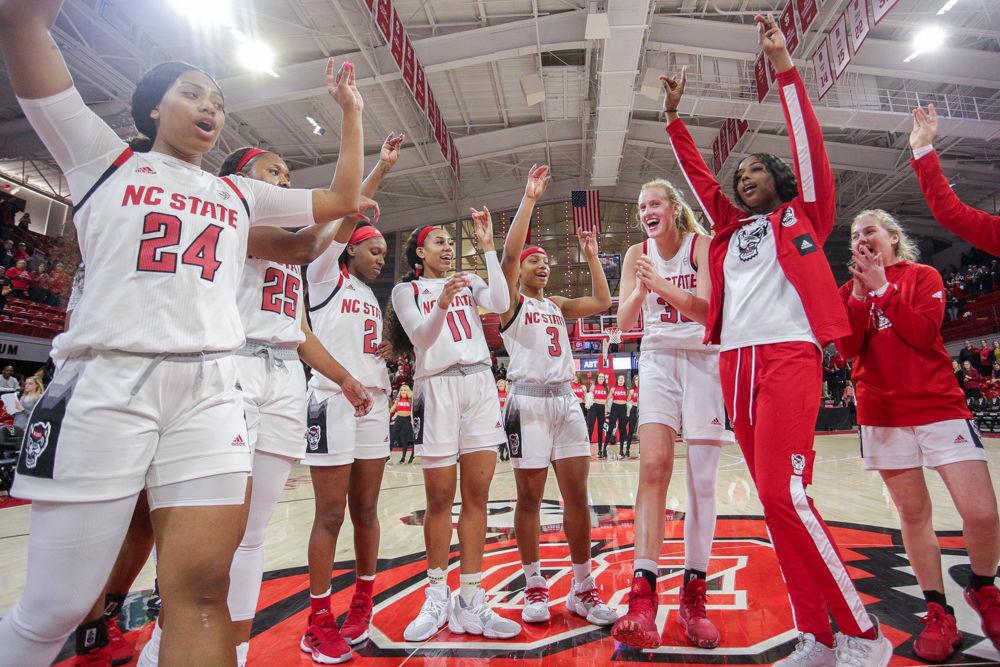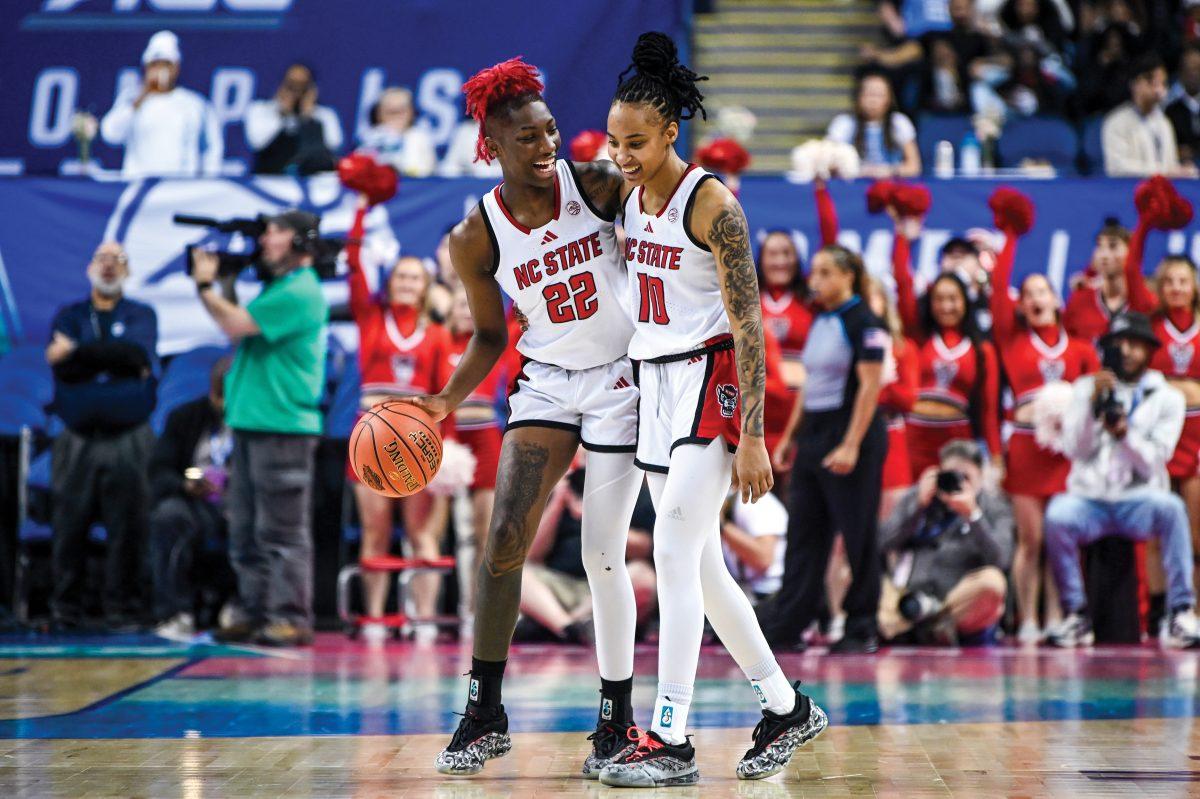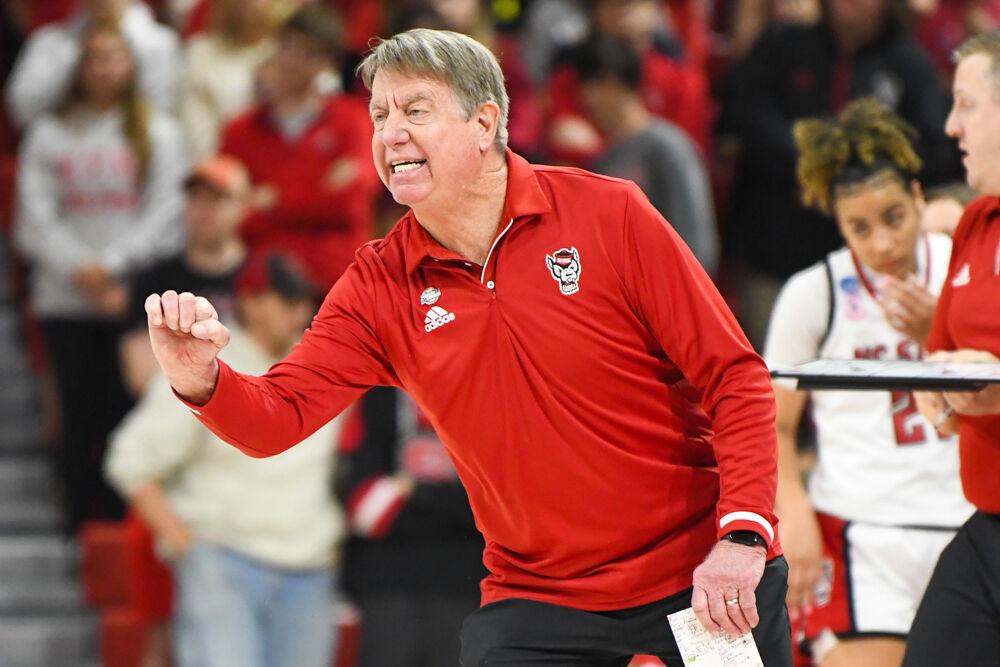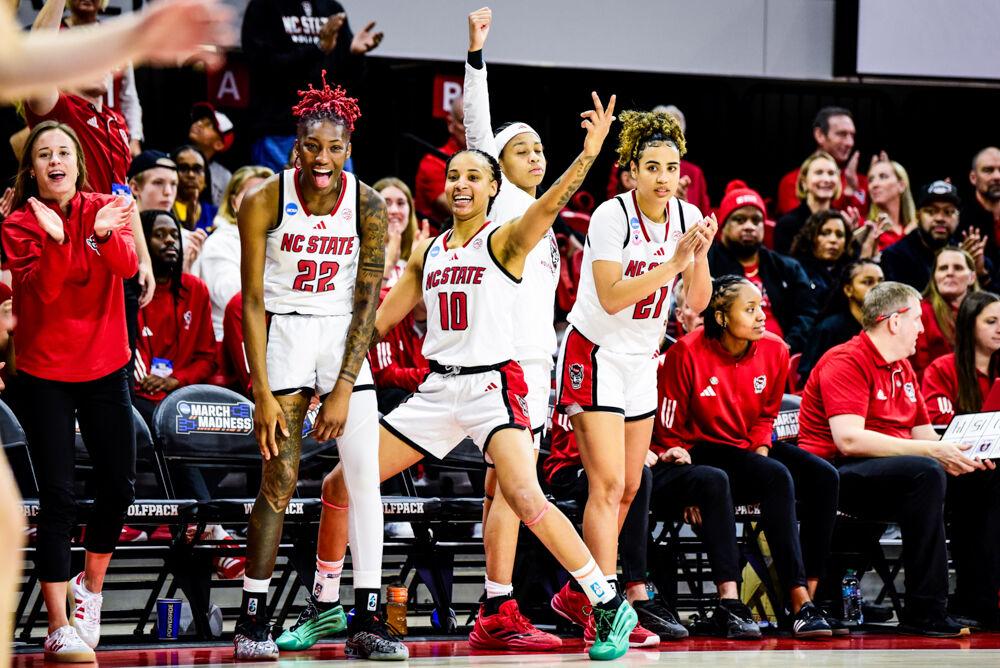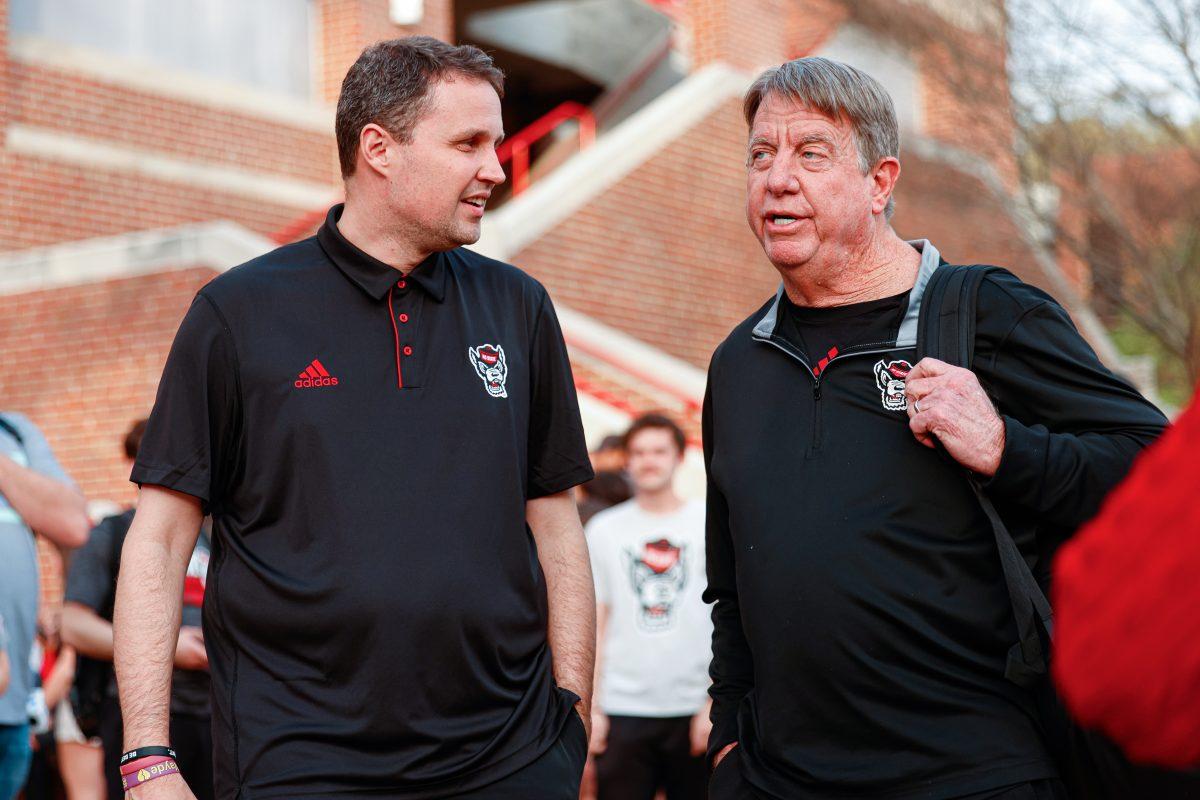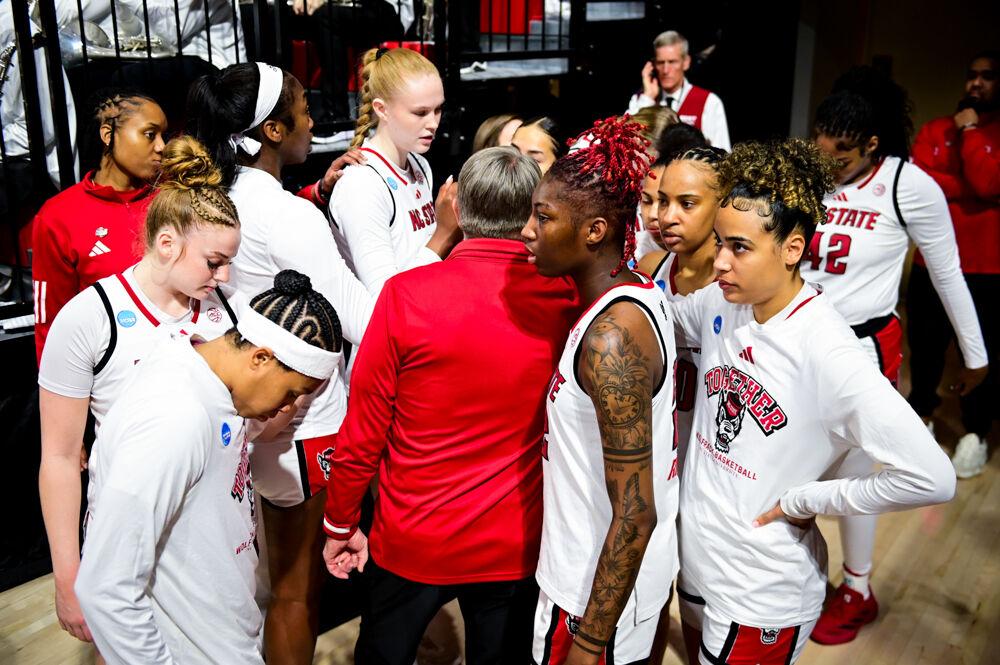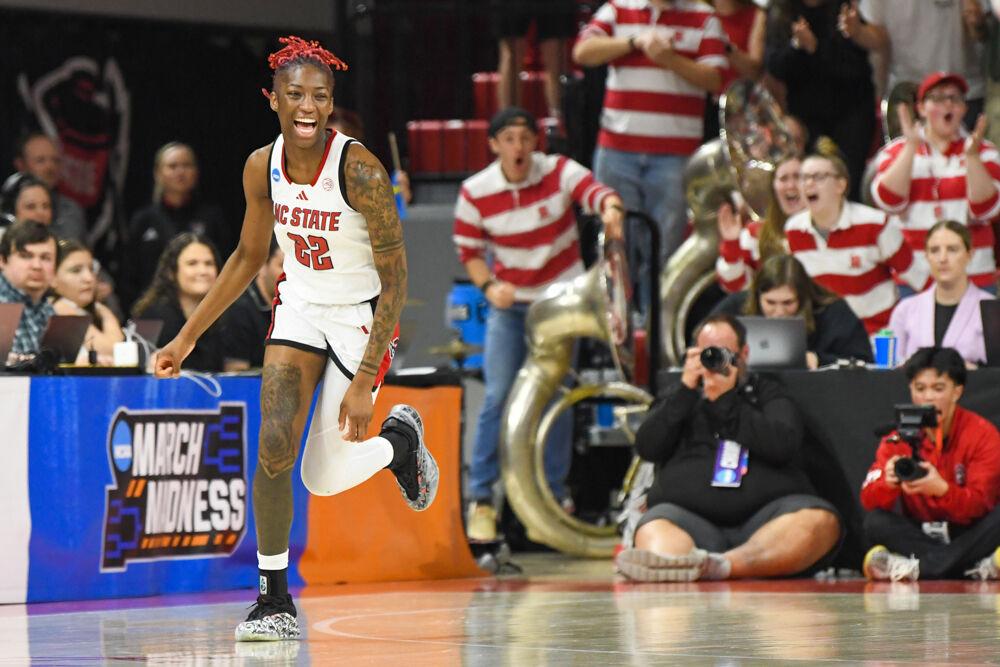On Sunday, Jan. 26, former NBA star and five-time champion Kobe Bryant passed away at age 41, perishing in a helicopter crash alongside his 13-year-old daughter, Gianna “Gigi” Bryant, and seven others. With his passing came the abrupt loss of nearly two decades of hardwood progressivism, both on and off the basketball court.
Bryant, who spent his entire 20-year career with the Los Angeles Lakers and retired in 2016, is one of the biggest sports idols of the last two generations. Kids all across the world grew up yelling “Kobe!” as they launched their balled-up pieces of paper into trash cans, imitating the iconic Black Mamba’s patented fadeaway.
But Bryant wasn’t just idolized on the court. In the three and a half short years since his retirement, he’s made an indelible impact off the court as well. Bryant was a champion for women’s basketball, the sport’s biggest and most noteworthy male voice. In a time when the WNBA and its players are pushing for support on and off the court, Bryant was always there to bring attention to the game. By attending games with any of his four young daughters, bringing his kids’ basketball teams to games, or breaking down film of the sport’s top players on his ESPN+ show “Detail,” Bryant did all he could to support the growth of women’s basketball.
“He’s always been a huge supporter of women’s basketball and women’s sports in general, and that stems from the wonderful relationship he has with his daughters,” said NC State women’s basketball senior guard Aislinn Konig following her team’s 76-68 win over North Carolina, just hours after the news of Bryant’s death. “To lose somebody who is such an inspiration on the basketball floor, but also so supportive of what we’re doing, is a big blow to women’s basketball and the basketball community as a whole.”
Losing him isn’t just a devastating blow for the basketball community; it’s a crushing blow for the progressivism of women’s basketball and the idea that if one of the best men’s basketball players of all time can staunchly follow and support women’s basketball, anyone and everyone can.
“He was super important for women’s basketball,” said redshirt senior guard Grace Hunter. “I feel like [Kobe] even impacted [the WNBA] raising their salaries. And I feel like a lot of men are supporting women’s basketball now since he started, because now they’ve seen that Kobe sees the good in women’s basketball, so they’re like, ‘Well, I’ll start watching women’s basketball,’ and that’s caused a lot of NBA players to show up at games or tweet at a women’s basketball player that had a good game.”
Bryant’s famed “Mamba Mentality,” an ultra-competitive, win-at-all-costs mindset that has worked its way into popular reference in all walks of life, won’t die with him. Players and coaches alike have worked that type of mentality into their everyday lives on the court, and just because its creator and pioneer is gone, doesn’t mean the idea is no more.
“As a player and as a person, he was a competitor,” said NC State women’s basketball head coach Wes Moore after the North Carolina game. “That’s what we talk to our players about all the time: competing and trying to be the absolute best you can be, on the court and off. He did unbelievable things on the court, and I have no doubt he was going to do unbelievable things off the court.”
Outside of being a trailblazer for women’s basketball, Bryant was also an idol through and through. Basketball players as a whole looked up to him, not just men’s basketball players. Hunter first started watching Bryant in middle school, and in high school began to work on his patented stepback jumper, something she’s fond of breaking out.
“The one move I feel I got from him is my stepback,” Hunter said. “Before I got hurt, I used to kill that stepback fadeaway. I used to call it in practice; my redshirt year, I’d be like, ‘Kobe!’ But that’s the only one I feel like I was able to do.”
Players who looked up to and idolized Kobe didn’t just do it while on the court. Take Hunter, for example, who patterned parts of her game after him. A dedicated Kobe “stan,” she used to run a YouTube account dedicated to Bryant.
“I even have a YouTube channel [called] ‘Kobe’s Daughter,’” Hunter said, laughing. “And it’s so embarrassing.”
The special thing about Bryant and his impact is that millions of people felt as if they knew him and were friends or family with him without even meeting him. The loss of such an icon, one who felt like you knew him intimately, hit home for a lot of people. It’s something that is hard to understand from an outside perspective if you’ve never been through it.
“I just broke down [when I found out],” Hunter said. “It was bad. My teammates were like, ‘You don’t even know him,’ and I was like, ‘You don’t understand; I stalked him.’ But yeah, I broke down. It was pretty bad because I was feeling for him, and then when I found out it was his daughter too … It was just hurting my heart.”
Like all humans, Bryant was far from perfect. His 2003 rape case, in which a young woman alleged that Bryant sexually assaulted her and Bryant alleged he had consent, highlights that. Bryant and the young woman eventually settled out of court, after her name was publicized and she received daily death threats. The details are extremely muddied, and although Bryant publicly apologized to the woman for seemingly having misunderstood, what exactly went down that night in Colorado will likely never be known.
Instead of shying away from his shortcomings as a human, he embraced them and worked passionately for a decade and a half to prop up women’s sports and bring as much attention as possible to some truly wonderful athletes.
“I feel like he’s just as great an inspiration for women’s basketball,” Hunter said. “He’s the NBA player that was supporting women’s basketball.”
In a fitting tribute to the man known for knocking down the clutchest of shots, Hunter had her own “Mamba moment” just a week after Bryant’s passing. On Sunday against Duke, she hit game-tying, go-ahead and clinching 3-pointers at the end of the fourth quarter in succession, knocking down all three in a row in the Wolfpack’s 63-60 road win over Duke.
“It was the greatest feeling ever,” Hunter said. “It was crazy. I felt like Kobe at that moment. It was amazing. I was like, ‘This is for you.’”


